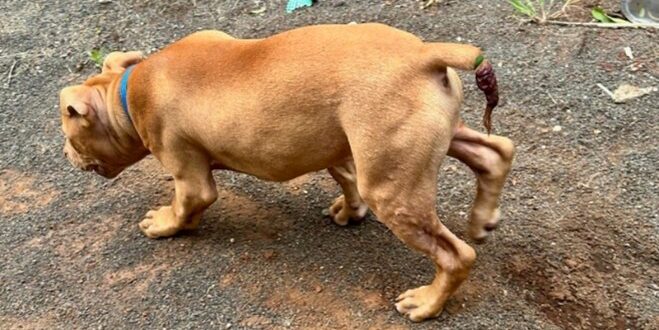RSPCA Victoria reminds horse owners of obligation to feed
In the last two years, RSPCA Victoria’s Inspectorate received 2,419 horse cruelty reports involving 6,900 individual horses across the state. Underweight horses made up almost half of those cases, with more than 1,100 reports received.
Underweight horses are a significant welfare concern and RSPCA is reminding the community that owning a horse is a considerable responsibility that can last more than thirty years and includes a substantial commitment of care, time and money to ensure they live healthy and happy lives.
Under the Prevention of Cruelty to Animals Act 1986, any person in charge of an animal is required to provide food, water and shelter, as well as appropriate husbandry and veterinary attention as needed. Horses require feeding plans according to individual age, level of activity and the climate, and both underfeeding and overfeeding can result in serious welfare concerns.
Horses need a minimum of 1% of their body weight in roughage each day, meaning a 500kg horse requires at least 5kg of feed daily. In addition to the high number of reports regarding underweight horses, insufficient food was also a key concern, with over 730 reports in the last two years.
Owners and people in charge of horses are obligated to provide horses with regular access to food and special care must be taken during the warm months and in drought conditions when there is less food on the ground. Access to quality hay is a good substitute for pasture during drought however RSPCA Victoria suggests consulting an equine nutritionist for advice on feeding plans for horses.
RSPCA Victoria Inspectorate Team Leader, Michelle Green said age is no excuse for a horse to be underweight. “Like humans, as horses age their ability to digest feed diminishes, as their teeth deteriorate. Horses aged over 15 require additional feed and attention; RSPCA Victoria recommends consulting a veterinarian or nutritionist for advice on how to be best care for aged horses.”
“Horse owners need to ensure they are regularly monitoring the condition of their horses to identify changes in weight or health. If owners notice deterioration in the body condition of a horse, they should seek advice. It is not acceptable to allow a horse to be so underweight that they become weak and not able to stand,” said Ms Green.
RSPCA Victoria encourages people to ask for help if they can no longer provide adequate care for their horses. There is no shame in surrendering an animal to provide them with a second chance at a good life. Anyone struggling to care for their horses can contact RSPCA Victoria for assistance and advice.
In addition to adequate feed, water and shelter, all horses need regular attention from a farrier and an equine dentist along with parasite control, annual vaccinations and veterinary care.
















